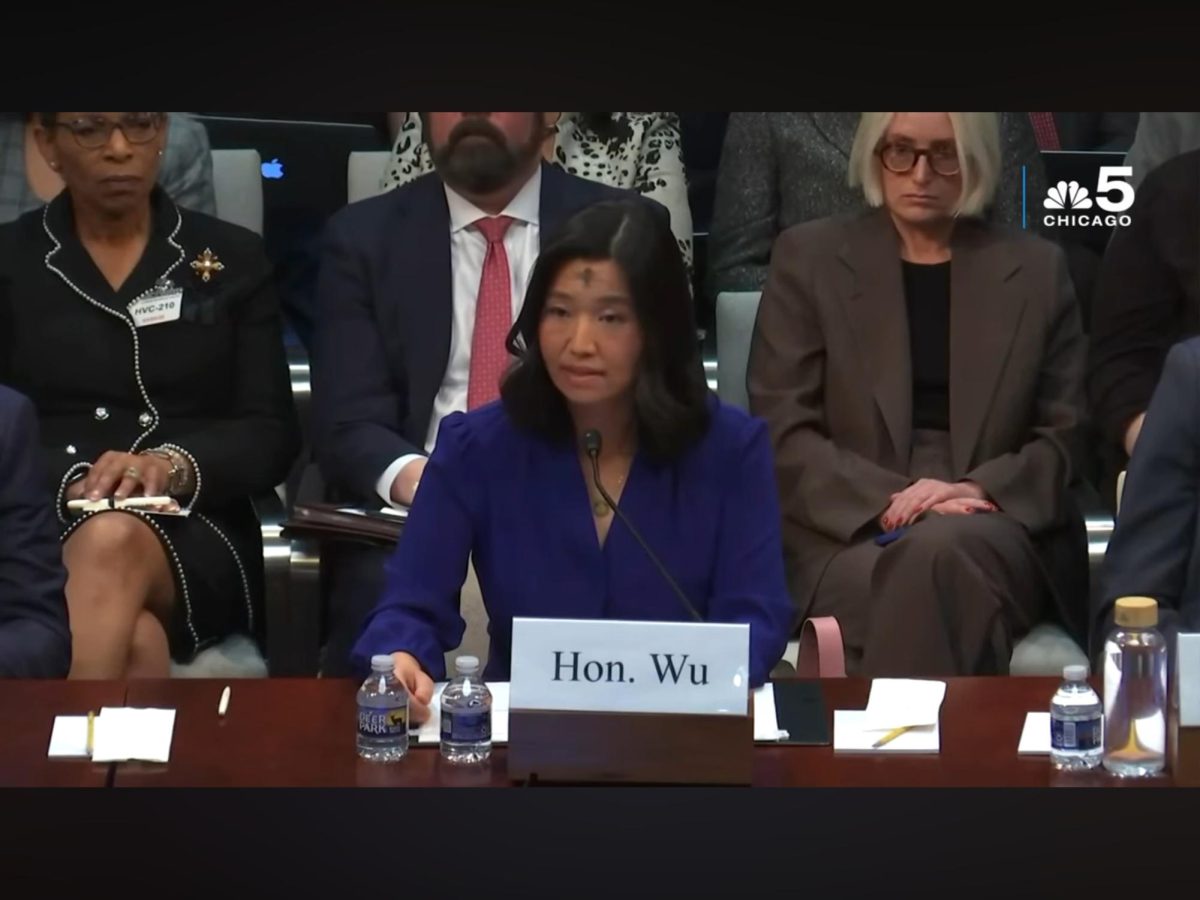Imposing tariffs would send shockwaves through the fast food industry, where many chain restaurants rely on imports for their main source of ingredients. The increase in Mexican imports could limit menu options and raise the price of dishes.
For consumers, this could mean some of your favorite restaurants, such as Chipotle, Taco Bell, McDonald’s, Subway, Burger King, Wendy’s, etc., will become more expensive and will have potential menu changes due to the increase in tariff prices.
According to the PIIE (Peterson Institute for International Economics), President Trump has increased tariffs on Canada, Mexico, and China by 25% and 10%, respectively. These new tariffs can cost Canada 100 billion dollars, a small percentage of its economy, and decrease the size of the Mexican economy by 2%.
What could this mean for restaurants? Inventory costs will go up. Restaurants will lose customers due to the increase in prices, and if customers pay for food the same, just in larger portions, their profit margins will suffer.

Small business restaurants are most likely going to be more affected by the changes than fast food restaurants; however, both will be greatly impacted. Chain restaurants rely heavily on national and even international sales, so some may be able to keep buying their products without the stress of raising prices; however, small businesses need to raise their prices to offset costs.
According to CBC News, a family-owned bistro in Buckingham has removed California wine and Heinz condiment products to protest the tariffs on Canada.
The owner, Carole Lajeunesse, said she had no problem taking the items off the menu.
Restaurants may also need to go seasonal with their products. Domestic products are limited because crops and other farm products are grown and produced seasonally. So if it is an off-season for tomatoes or other important products, then there won’t be anything to sell and trade.














